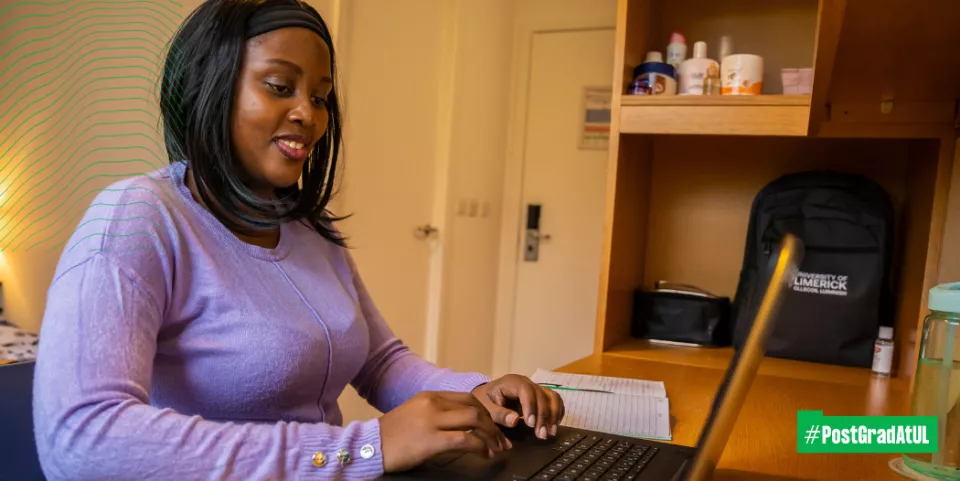

It’s been a long journey across your four years as an undergrad. You tried the different topics and modules and in your final year, you spent time deliberating your next step.
In today’s hyper-competitive jobs market, a postgraduate qualification is a big advantage for climbing the career ladder – and it will give you the chance to gain expertise in a subject you love.
So, you’re finally sitting down to write the application for the perfect postgraduate course – this should be the easy bit, right? But it’s a typical pressure-cooker situation. Your heart is so set on getting on this course, you get writer’s block when you reach the ‘statement of purpose.’
With so much competition for places on postgraduate courses, your application is crucial to getting accepted on the course. Here are some insider tips on how to make your application stand out and make sure you get on the educational track to fulfilling your dreams.
Creating the ‘statement of purpose’ for your postgrad application
Research your course
It may sound obvious, but before writing your statement of purpose, make sure you do solid research into the course. Gavin Connell, Head of Careers in UL, recommends asking several key questions:
- Can you break down the course title into a summary of the main learning points?
- What course material will be covered in each module?
- What is the output of each module, in terms of skill sets and potential careers?
“Don’t be afraid to contact the head of each course,” he advises, “and ask them for the information you need. They are experts on the course material, and on the future careers and skill sets connected to each module.”
You’ll need to know exactly what is taught and what you’ll need to learn yourself. Familiarise yourself with the facilities on offer, each module, and crucially, why you want to learn these subjects. Make sure you know how you will fund your studies too.
As a final point of note, prioritise research and a clean edit.
“Do not submit your application until it’s as polished and well-researched as it can possibly be,” advises Sarah Moore, Course Coordinator for Creative Writing and Dean of Teaching and Learning in UL.
“It should have something of you in it but treat it as thoroughly professional application.”
Write an informal statement to yourself
You may be asked to provide a statement of purpose or a personal statement to accompany your application. Some people get stressed at the thought of having to explain their interest in the course, particularly if it’s a course that they are especially committed to. Instead, think of the statement of purpose as your chance to shine. Use it as a platform to set out all that you want to achieve within your chosen field.
Although this statement usually isn’t any longer than 700 words, you should spend several hours on it, to get it right.
“Don’t undersell yourself; it’s a competitive process. Put in all the relevant information you have. But be truthful and authentic,” Sarah advises.
“It’s also really important to evidence that information. The more hard evidence you can show about what you can say about yourself the better. You need a convincing trail of evidence.”
Before you write the formal wording, it’s a good idea to write an informal statement to yourself. This will help you harbour your true ambitions and your words will flow more easily. Ask yourself informal and forward-thinking questions, like “What makes me most excited to do this course? Where do I see it taking me in five years?”
Edit and revisit after 24 hours
It’s a good idea to revisit your statement 24 hours after you think it’s finished. You’ll be surprised what fresh eyes can pick up on. Try to rewrite the draft and tidy it up as much as you can. Direct sentences and clean structure is key. Ask someone to cast their eye over it before submitting it (it’s even better if you can ask anyone who has experience editing content).
Show evidence of your interest
You should have a genuine interest in the subject you want to study and more importantly, you should be able to demonstrate that interest. Think: writing or blogging on the subject, conducting your own research or belonging to an organisation associated with the topic.
Dot the Is and cross the Ts
The requirements for every course are different, so make sure you tick all the boxes when making your application. The documents you’ll need may include:
- Certified results for all examinations mentioned on your application form.
- Confirmation of the award of your qualifications.
- Evidence of English language proficiency.
- Certified translations of your award and transcripts (if they aren’t in English).
- A copy of your birth certificate or passport.
- You may also be asked to provide references (make sure to ask for these two weeks in advance).
- An up-to-date CV
- Last but not least: don’t forget the application fee.
We hope this supports you on your journey to Stay Curious.
Stay Curious and register your interest to stay informed about postgraduate and professional courses at UL.
